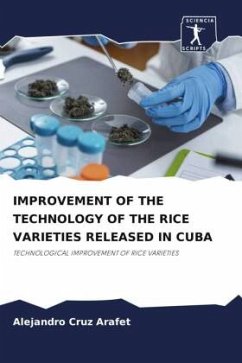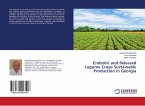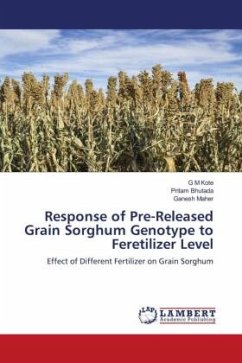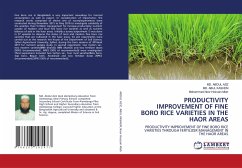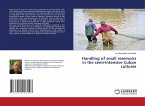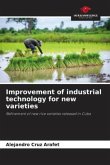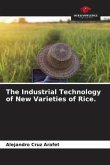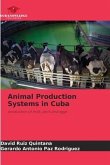In Cuba, rice production manifests considerable economic losses that are caused by delays in harvest and post-harvest, due to total polished rice and whole white grain yields during industrial processing, without the application of adequate technology. This research was conducted at the Grain Research Institute, based on the characterization of paddy rice grain, prolonged conservation and commercial quality of three varieties (IACuba-25, INCA-LP7 and INCA-LP19), two of them (IACUBA-25 and INCA-LP7), as an objective to establish specific whitening technologies that guarantee the maximum utilization of the whole white grain during the milling process of rice varieties released by genetic breeders for introduction in the final stage of the productive chain. The new rice grain processing technologies were evaluated in 5 planting seasons, in fields of approximately one hectare, with replicated plots and harvested every 5 days, starting at 50% of flowering; as results to guarantee the production potential of agricultural yield at 14% moisture, total polished rice and
Bitte wählen Sie Ihr Anliegen aus.
Rechnungen
Retourenschein anfordern
Bestellstatus
Storno

